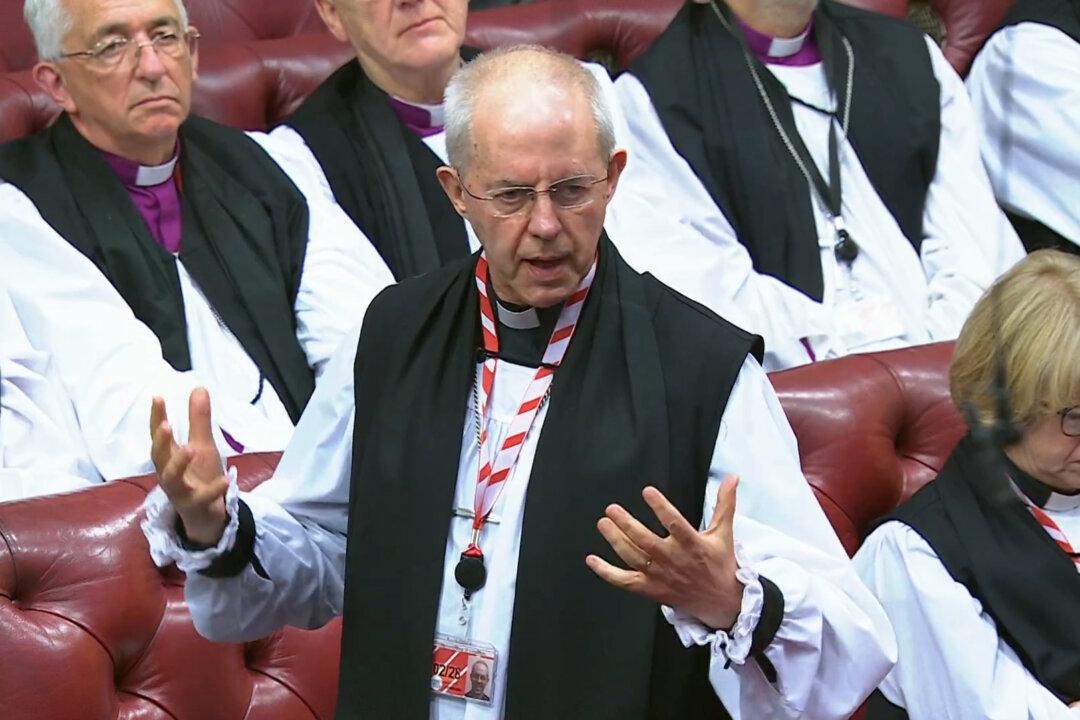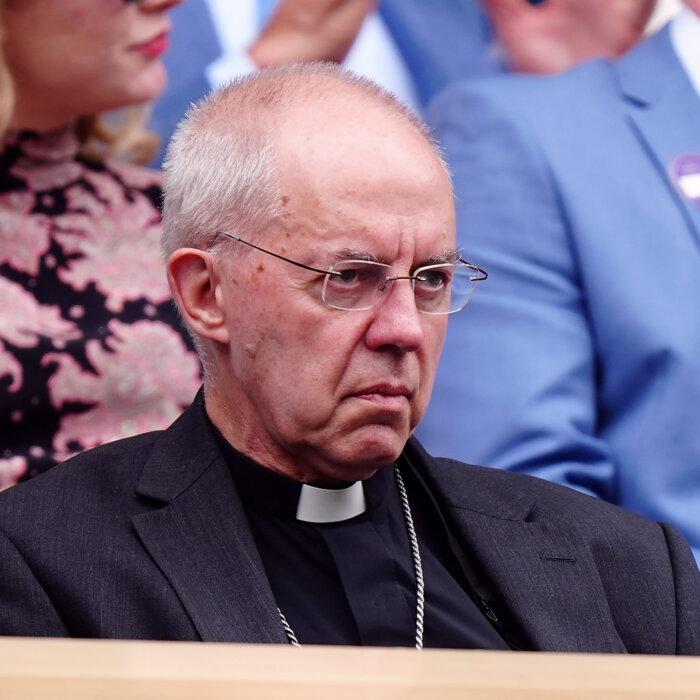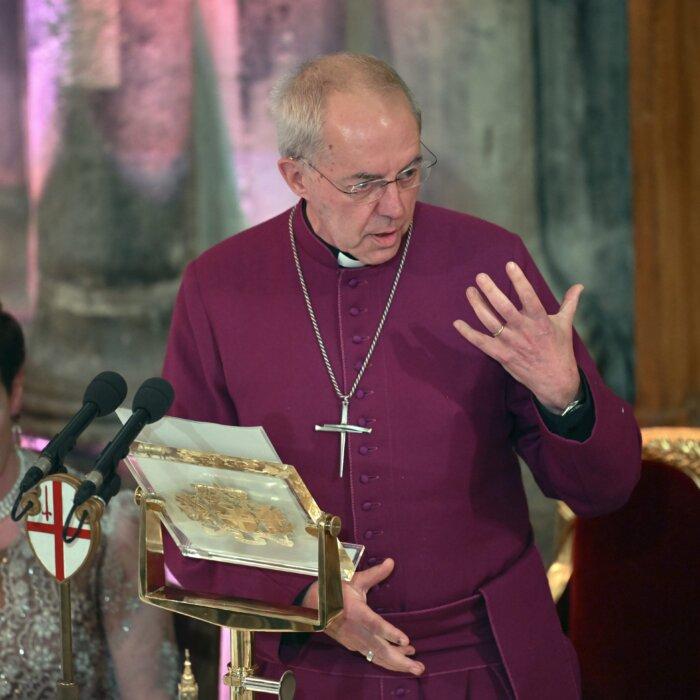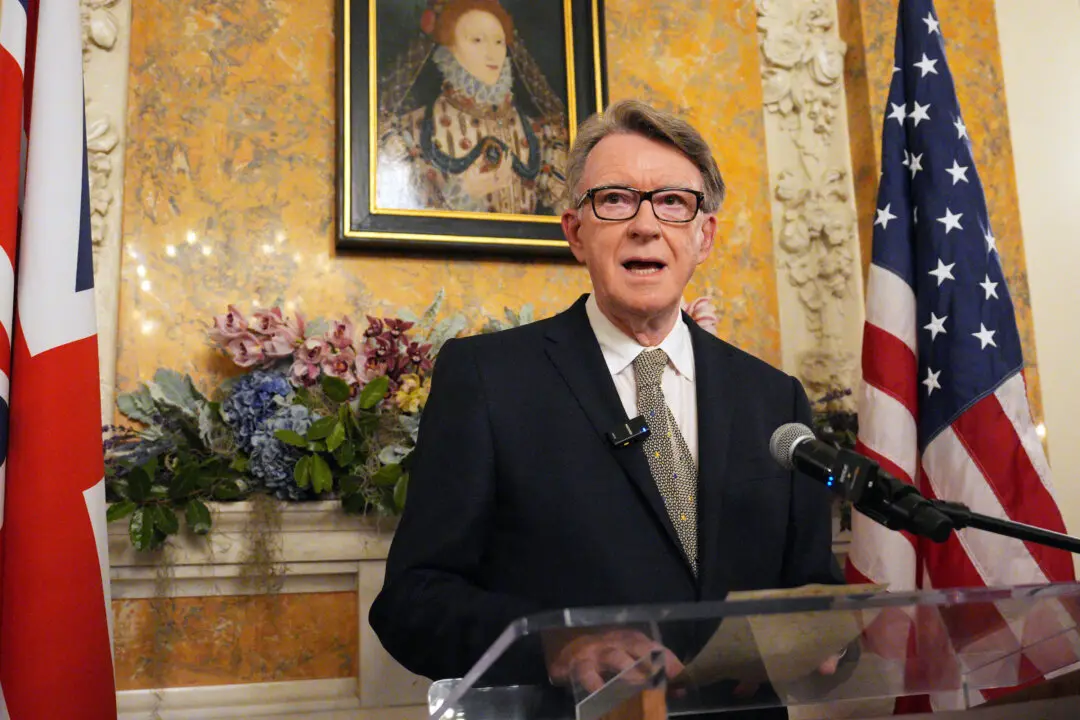The Archbishop of Canterbury has apologised after he was accused of making light of serious safeguarding failures after joking about a medieval beheading in his final House of Lords speech before he steps down amid a Church of England abuse scandal.
Justin Welby indicated the fallout from the Makin Review into failures in handling allegations about barrister John Smyth—believed to have been the most prolific serial abuser to be associated with the Church—required “a head to roll.”
‘The Revolting Peasants’
Welby said: “The reality is that there comes a time if you are technically leading a particular institution or area of responsibility where the shame of what has gone wrong, whether one is personally responsible or not, must require a head to roll.“And there is only, in this case, one head that rolls well enough.
“I hope not literally. One of my predecessors in 1381, Simon of Sudbury, had his head cut off and it was then the peasants—the revolting peasants at the time—who played football with it at the Tower of London.
“I don’t know who won. It certainly wasn’t Simon of Sudbury.”
He opened his speech with a joke that his resignation had “caused God more hilarity than anyone” because his detailed work diary for the next year had been overruled by divine plans.
When he revealed on Nov. 12 that he was quitting, Welby took a more serious tone, saying he was stepping down “in sorrow with all victims and survivors of abuse.”
Welby initially declined to resign after the report’s publication, saying he had “no idea or suspicion of” Smyth’s abuse before 2013, although he acknowledged that he had “personally failed to ensure” that allegations were “energetically investigated.”
5 Decades of Abuse
Across five decades in three different countries and involving as many as 130 boys and young men in the UK and Africa, Smyth is said to have subjected his victims to sadomasochistic abuse of a physical, sexual and spiritual nature, profoundly affecting the lives of his victims.The failure to prosecute Smyth in the UK allowed him to start again in Zimbabwe, where fresh allegations of physical abuse of boys in his care emerged.
Smyth was arrested and faced charges of killing a 16-year-old boy, Guide Nyachuru, who was found dead in a swimming pool in 1992, but the case was subsequently dropped.
Smyth died aged 77 in Cape Town in 2018 while under investigation by Hampshire Police, having never been brought to justice for the abuse, despite various investigations over the years.
Welby knew Smyth from the Christian camps for public schoolboys run by the Iwerne Trust, the organisation intended to help shape future Church leaders of which Smyth was chairman. Welby volunteered as a dormitory officer at the camps from 1975 to 1978, during his time at Cambridge University.
‘Serious Matters’
Following the speech, the Bishop of Newcastle Helen-Ann Hartley, said she was “deeply disturbed” by parts of it, and was critical of the reaction of some other bishops in the chamber.Hartley was the only bishop to call publicly for Welby’s resignation in the days following the publication of the Makin Review.
In a statement on Thursday, she said: “I am deeply disturbed by the language of ‘a head had to roll’ used by the Archbishop of Canterbury in his speech in the House of Lords this afternoon.
“It was, in my view unwise to say at the very least. To make light of serious matters of safeguarding failures in this way yet again treats victims and survivors of church abuse without proper respect or regard.
“I was disappointed too to see other Lords Spiritual laughing at the jokes that were being made.
“I have this afternoon had several messages from across my diocese expressing dismay at the Archbishop’s speech and the response of the other Lords Spiritual (with the exception of the Bishop of London’s response).”
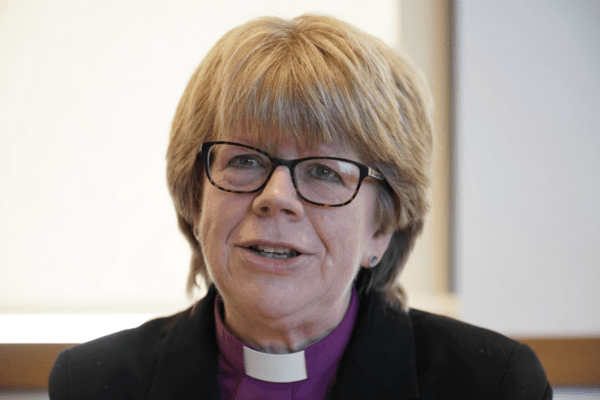
Epiphany Ending
Bishop of London Dame Sarah Mullally sat expressionless, with her head bowed and arms folded for much of the speech.On Friday, Welby issued a statement saying he wanted to “apologise wholeheartedly for the hurt that my speech has caused.”
He added: “I understand that my words—the things that I said, and those I omitted to say—have caused further distress for those who were traumatised, and continue to be harmed, by John Smyth’s heinous abuse, and by the far-reaching effects of other perpetrators of abuse.
“It did not intend to overlook the experience of survivors, or to make light of the situation—and I am very sorry for having done so.”
He will not give the traditional December Day sermon from Canterbury Cathedral or take part in any other church services over the Christmas period. The BBC has confirmed Welby will not deliver the traditional televised new year message on New Year’s Day, with the Archbishop of York Stephen Cottrell expected to be in the spotlight instead.
Welby’s last day in post will be Jan. 6—an important day in the Christian calendar as it is Epiphany.
